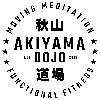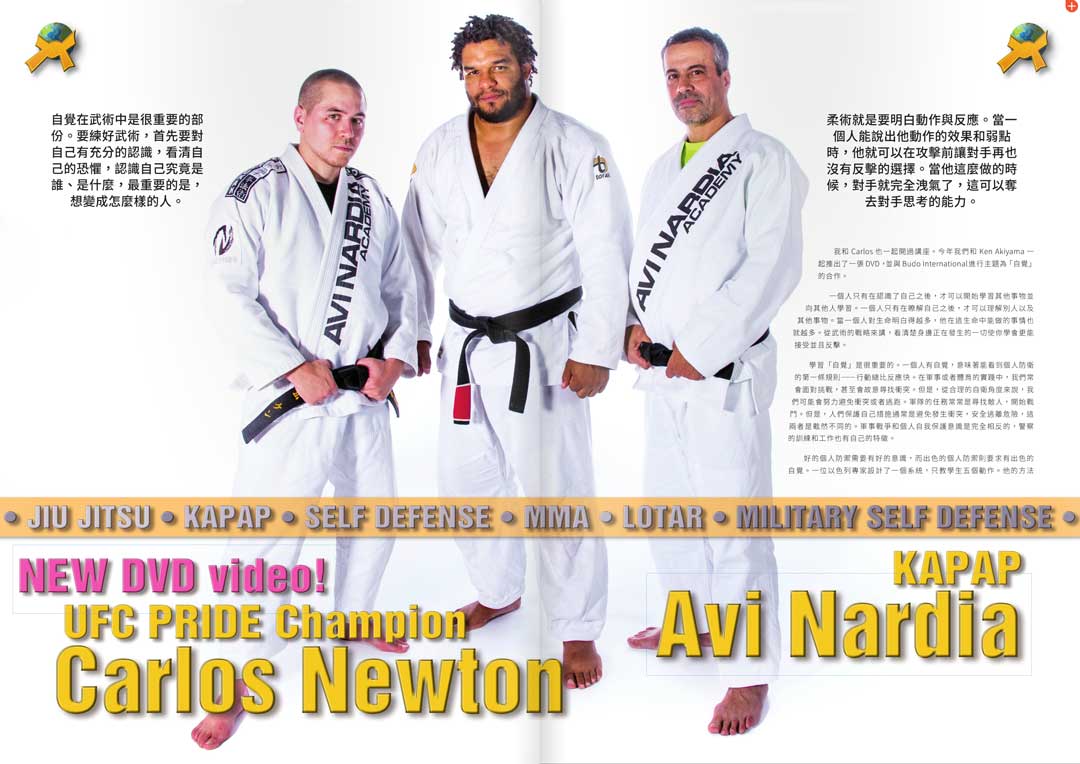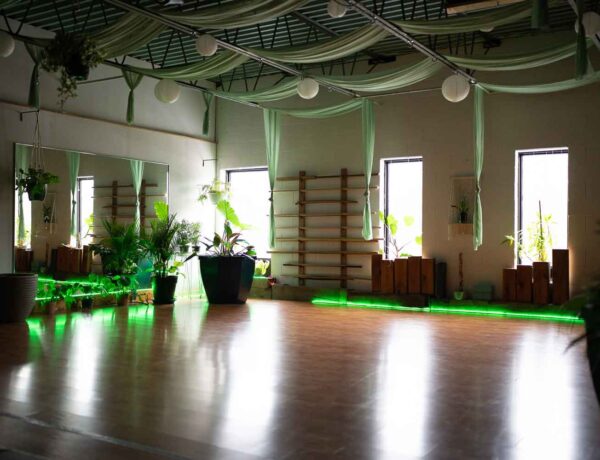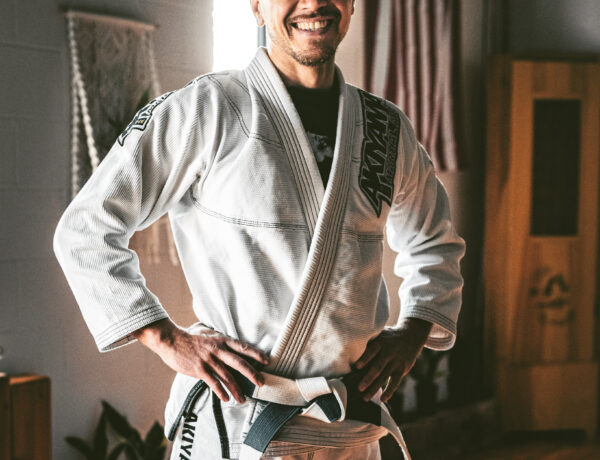Awareness is a key subject in budo. In order to gain skill in martial arts, you must first gain awareness of yourself, your fears, who you are, and most of all, who you want to be. Only after studying yourself can you begin to understand others. The more aware of yourself and others that you become, the more you can make from this life. In martial arts strategy, the more aware you are of what is happening around you, the greater your ability will be to accept and counter.
Awareness is very important to study, as being aware will enable you to observe the first rule of self defense – action is always faster than reaction. In military and sport applications, we step into challenges and even seek conflict. However, in self defense, we seek to avoid conflict and escape. Often times a military unit’s mission will be to seek out the enemy and engage in combat. However, the idea behind civilian self-defense is to avoid conflict and escape without harm.
Action is always faster than reaction.
Carlos Newton
There is a big difference, and now you can understand why many teachers who teach military systems are missing the point of self defense. The application of military combatives is completely different from context of self defense. Police work is yet another context that has its own unique characteristics.
Good self-defense requires good awareness and great self defense requires great awareness. There is an Israeli combatives expert who designed his system to teach his guys only 5 moves. His strategy is based on one tactic – if any one comes close you, kick the groin. He shared an anecdote to support his strategy. He said that a cat will always climb a tree to escape any danger. He said that if you give your students too many different ideas that they will not be able to think under stress. In KAPAP, we will ask, “What if there is no tree?”
Some teachers attempt to support their theory of oversimplification by citing research studies. An experiment that was not related to martial arts was performed which showed that when people have many options to choose from, they will require more time in order to make a decision because they are seeking the best option. This research is valid when it comes to something like choosing a meal at a restaurant or selecting a piece of ripe fruit. However, a system of teaching that is based on the assumption that the students are incapable of thinking seems like giving vitamins to a dead body. Why would you teach people who don’t have the capacity to think?
What if there is no tree?
avi nardia
We always explain to our students that a jet pilot needs to calculate many things in high speed. The pilot must be able to react quickly, and with awareness of many concerns while keeping the plane in the air. That example proves that we humans have the ability to make decisions under stress. One secret to this ability is to cultivate a mindset of action, rather reaction.
Oftentimes, the best defense is to attack first. Even certain self defense laws allow preemptive action if you sense an immediate threat. You have the right to throw the first strike and still be protected under the right to self defense.
In our last seminar in Londonderry, New Hampshire, we taught that action is faster than reaction and how you can use gravity and object mass (weight ) to hold your opponent down. We taught concepts from KAPAP Krav Maga, Aiki Kenpo Jujutsu, Machado Brazilian Jiu Jitsu, and invited a few guests to share their own ideas in free fighting.
In the spirit of expanding awareness, we also taught about the importance of studying “what if” scenarios, the chain of attack, and cause and effect relationships. Ken Akiyama demonstrated some ideas from a big project we are working on to share movement drills that are very effective for developing strength, and relaxation.
The ability to move your body in a relaxed way is a vital skill for Brazilian Jiu Jitsu, mixed martial arts, and self defense. Jiu jitsu is about understanding actions and reactions. When you can predict the effects and vulnerabilities of your actions, you can block your opponents opportunities. When you do this, your opponent will become very frustrated. When that happens, you destroy your opponents ability to think. When your opponent can not think, you win. That’s what makes jiu jitsu a great game of strategy. Strategy is the study of action, reaction, and forethought, and strategy requires awareness.
When your opponent can not think, you win.
Ken Akiyama




No Comments